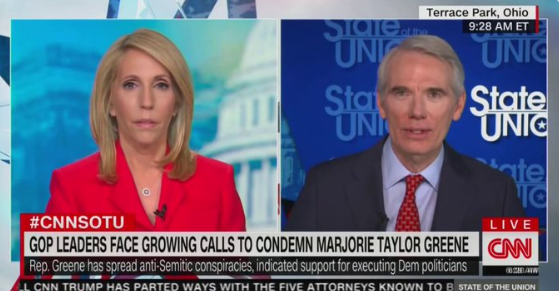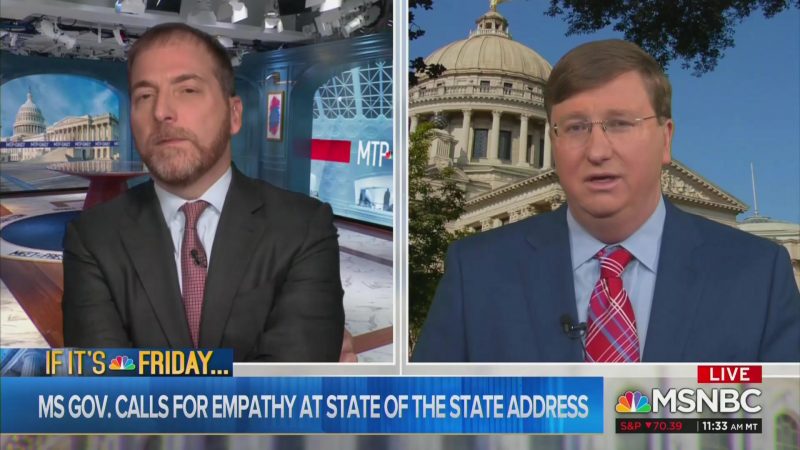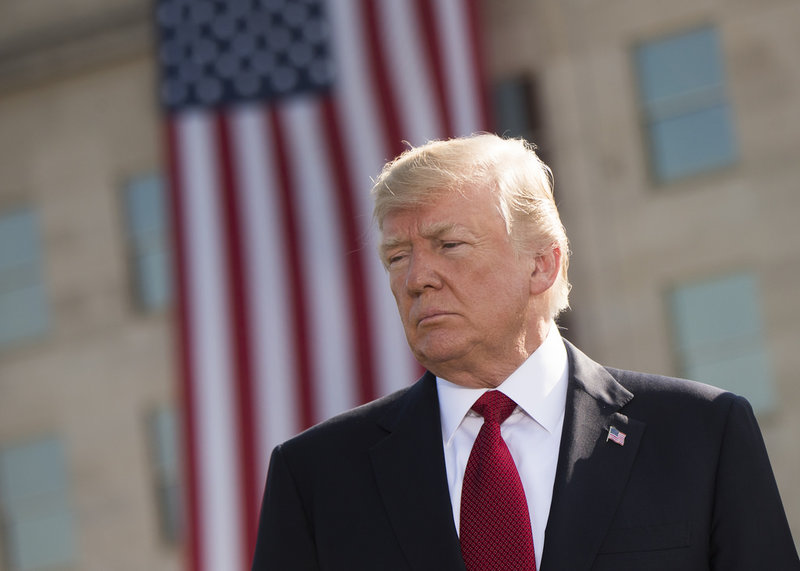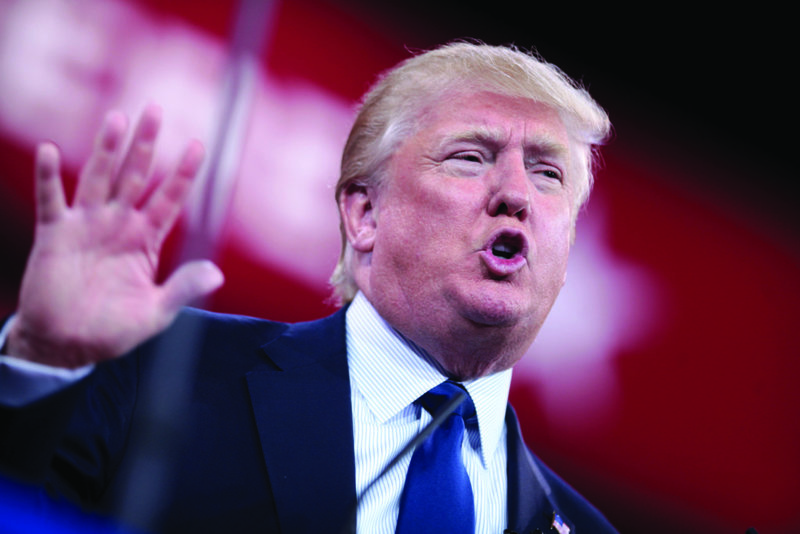Forget Neoconservatism, Trump’s Foreign Policy Is Pariahism
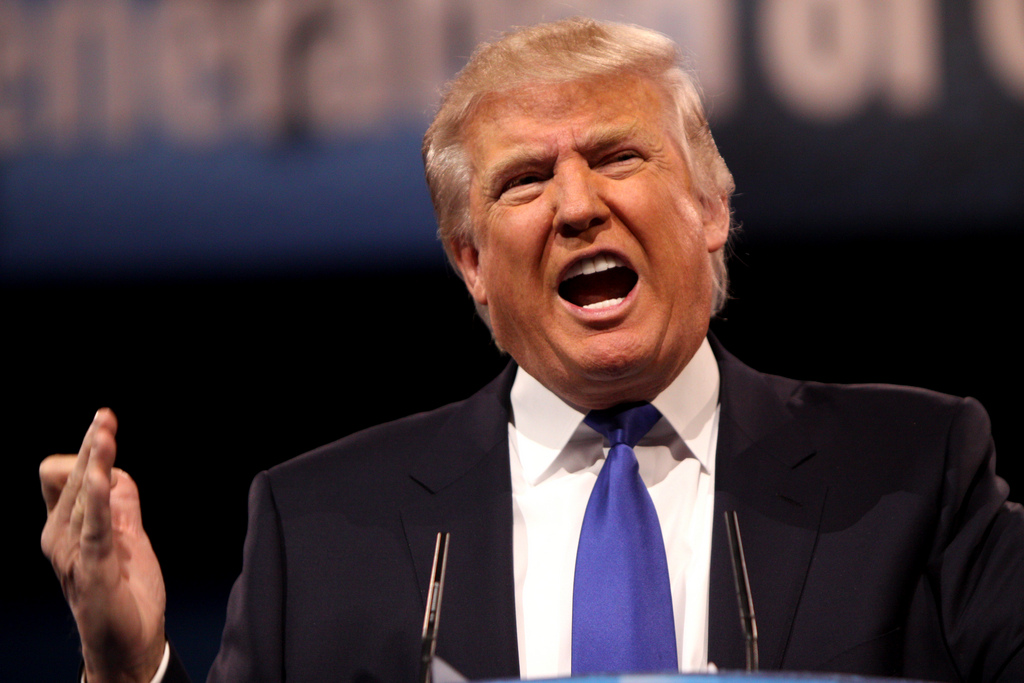
Republican presidential nominee Donald Trump has given the Republican Party a bad headache throughout election 2016, but in no area is Trump’s campaign more random and impulsive than in foreign policy.
Trump has eschewed the GOP’s traditional neoconservatism, an ideology that guided Ronald Reagan’s massive military outspending of the Soviet Union through George W. Bush’s preemptive war in Iraq. Neoconservatism calls for the US to play a very active role in international politics, but Trump is not very interested in active foreign policy. In neoconservatism’s place, Trump has adopted a new American foreign policy: pariahism.
To begin, it must be noted that Trump respects few countries, even among America’s closest allies, and he says that he will ignore NATO’s mutual-defense clause if our military allies do not spend more money to protect themselves. This would undo the eight years of careful diplomacy that the Obama Administration has orchestrated to repair America’s post-Iraq global reputation of self-destructive exceptionalism.
The threat to extract America from European security means that Vladimir Putin may as well be Trump’s symbolic running mate. If Trump makes the US renege on its promise to protect Estonia, Lithuania and Latvia from Russian aggression, Russia would be emboldened to corrupt those nations’ sovereignties like Russia has done in the Ukraine. If Trump institutes a pay-to-play rule for European protection, would all the former Warsaw Pact nations be in danger of the Trump-Putin realignment toward American apathy and Russian expansion?
It’s almost as if Trump is trying to bolster Russia’s national interests, though perhaps he is actually trying to do that. Trump’s main GOP platform contribution during the Republican National Convention was to abandon Republican support for Ukraine in its struggle against Russian annexation. Trump lied about it, but this Russian-friendly effort literally happened, and there have also been some high-profile stories published regarding Trump’s economic ties to Russian oligarchs.
One fact we can all agree on is that Trump would certainly have much more real estate debt today if Russian oligarchs hadn’t bought so many of his properties over the last decade, and who knows what would be revealed if Trump released his tax records. I think direct, Russo-friendly quid pro quo corruption, but of course Trump cannot disprove this wild claim until he releases his tax records.
However, it is quite surprising that the Trump campaign bothered with the Ukrainian platform plank at all, as it’s not like Trump will go out of his way to act on any other platform plank. Ted Cruz and his Religious-Right supporters had an outsized role in crafting the hyper-conservative planks, and Trump does not seem very concerned about the typical conservative ideology that has guided past Republican presidential nominees. Although to be fair, Trump is likely never going to actually read the platform that the GOP crafted at the convention, let alone turn into a die-hard social conservative this late into his life. If Trump will guiltlessly ignore the rules to international treaties America has signed and helped write, why would he honor inconvenient platform planks from the party he is leading nationally?
The GOP platform aside, Trump’s growing list of Russian ties and influences are democratically troubling because the last 70 years of American foreign policy have strategized a European bulwark against Russia’s global interests. We can argue whether the Domino Theory of Communist expansion was worth the wars America fought to allegedly protect democracy and capitalism, but we cannot argue that America has spent the last 70 years orchestrating a united Europe allied somewhat existentially with America at the direct expense of the Russian government. And it continues today as NATO has been trying to figure out a way to add Ukraine since the 90s.
But by shrugging off the Crimean annexation, seeing personal gain in Britain’s exit from the EU, and threatening to look the other way if Putin takes over the Baltic states, Trump has already begun to fracture the 20th Century’s European project without even being president.
Unfortunately, it’s not just Europe. Trump has also threatened to exclude South Korea and Japan from the shelter of America’s nuclear umbrella. North Korea is persistently trial-running nuclear-capable weaponry and, as such, poses a very real threat to America’s biggest Asian allies. Trump suggested that they should build their own nuclear programs, but this goes against decades of both domestically bipartisan and international efforts toward nuclear nonproliferation.
This serves as a long-term threat to America’s national interests in Asia by ignoring nations who will, no doubt, one day be valuable allies in America’s economic rivalry with China. President Obama has tried to pivot US foreign policy toward Asia, but Trump would undo it all by forsaking our Asian military allies and possibly even declaring impulsively punitive trade wars against them if he commits to retaliating against trade deficits.
This exhibits the biggest problem with the prospect of a Donald Trump presidency: he has no geo-historical perspective, and, somehow, he doesn’t understand the context of the Cold War, which was waged throughout the majority of his life. The reason Hillary Clinton is commandingly more qualified to be president is because she understands America’s place in the world and the role that America’s military alliances and economic treaties have played in steering international politics toward American interests since World War II, as evidenced by her commitment to not rip up every treaty America has signed over the last seven decades. Trump claims that America is a loser in these international treaties, but he misses completely the fact that America, more than any other nation, has benefitted geo-politically from them.
NATO is the perfect example. The North Atlantic Treaty Organization was a hugely successful effort to consolidate European support for America’s isolation of the Soviet Union, and eventually win the Cold War. Has Trump forgotten that nuclear annihilation was a daily risk for decades, and that NATO kept the Iron Curtain from dragging across Western Europe? NATO did not turn America into a loser nation! It is directly responsible for why America became the world’s hyperpower. America is a winner because of NATO.
On top of Trump’s vision for an Eastern-European dystopia of Russian expansion, Trump’s domestic policy will truly turn America into an international pariah state. Trump promises to physically deport 11 million undocumented citizens, build a giant, exclusionist wall, and ban the religion of Islam. Trump also promises to be a law & order president, rhetoric which typically leads to police-state oppression. These campaign promises will no doubt severely hurt America’s image abroad, and erase America’s moral justification for telling other countries how to be more democratic and peaceful.
Because Trump’s domestic ideas are so militant in nature, and his foreign policy is so isolationist, Trump’s promise to ramp up military spending is very suspect. Who will he use a strengthened military against if he abandons our military allies and brings our troops home? It’s maybe unsurprising that the few world leaders Trump has praised include former dictator and human rights violator Saddam Hussein, and he very early won North Korean dictator Kim Jong Un’s genuine endorsement. What could go wrong?
A polar reversal of the the world’s geo-political alignment that wastes the last century of America’s national interests and efforts to promote them? America becoming a pariah state both internationally and domestically? Don’t vote for Trump’s pariahism.

